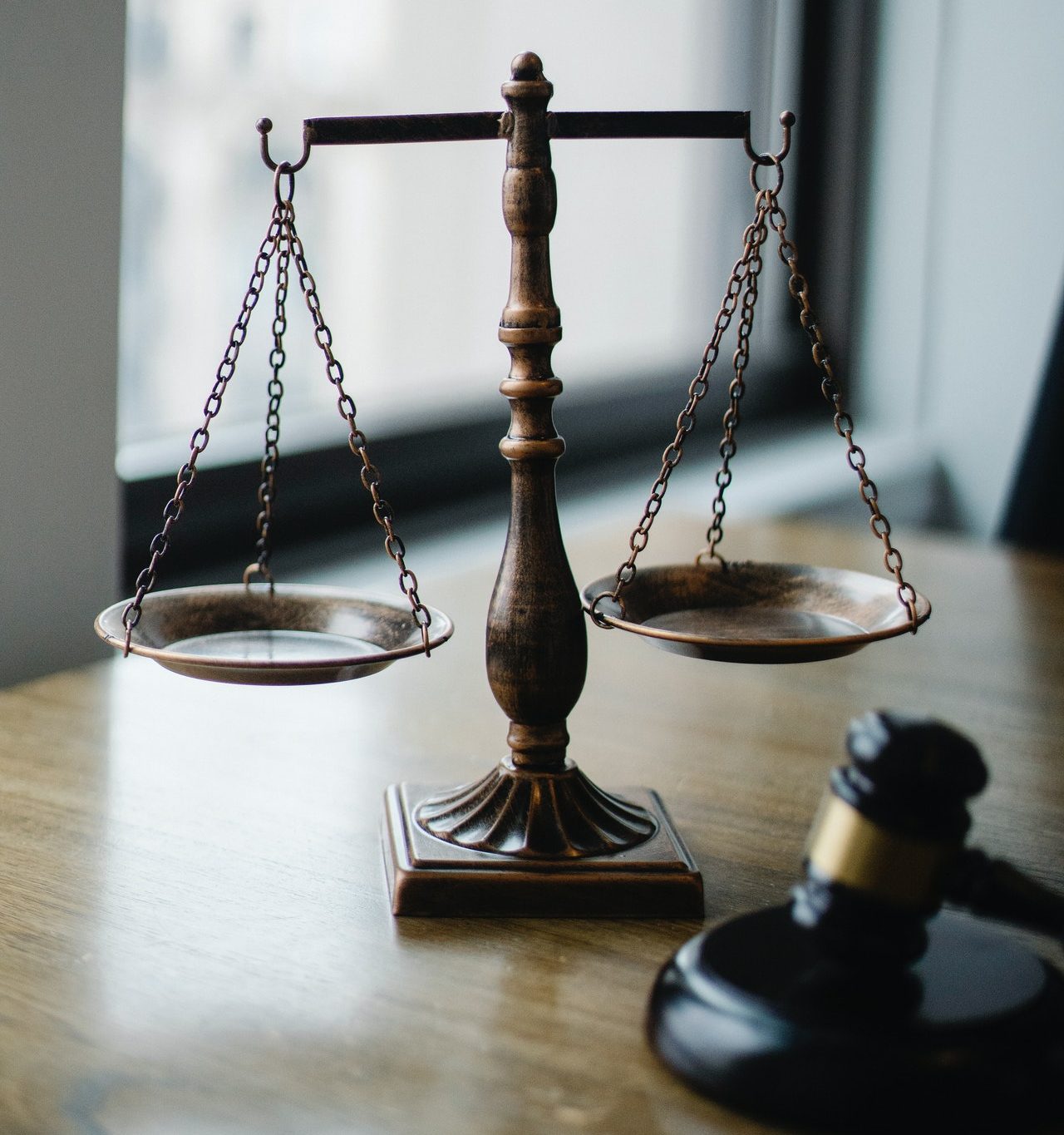If you have been involved in an accident that was due to the fault of someone else, you may have a legal claim for damages. However, legal claims are much more complicated than simply stating that someone else was at fault for your accident. Instead, you must show that the other person had legal liability for your claim by meeting very specific requirements.
How you go about proving legal liability will vary depending on the type of accident involved. For example, if you were in a carcrash, your case will likely look very different compared to if a dangerous product harmed you. As car accidents are widespread in British Columbia, it may be a good idea to start with how legal liability works in the context of a car crash.
Insurance and Car Accidents in British Columbia
Everyone is required to have car insurance with the Insurance Corporation of British Columbia (ICBC). The province owns this company, and private insurance coverage is not allowed in B.C. That means that everyone has the same insurance carrier, which makes claims in B.C. somewhat unique compared to other provinces that permit private insurance companies to provide auto coverage.
Adjusters from the ICBC decide which driver was at fault in an accident. The ICBC also determines how much benefits you should receive after an accident. You must work through the appellate process within the ICBC before appealing the issue to a court.
You also have the option of suing the at-fault driver on your own. The ICBC will defend the at-fault driver should you decide to sue.
Negligence and Auto Claims
Most personal injury cases are based on “tort” law. A tort is a legal wrong that harms another person. Usually, it is damage to the body, but it can also apply to property or other rights as well. In car accident claims, losses often focus on physical and mental injuries and property damages.
Tort law is usually based on the concept of “negligence.” This term is considered synonymous with carelessness, recklessness, or indifference. Generally, you must meet several requirements to show that the at-fault driver was negligent and therefore legally liable for your injuries. These requirements include:
- The wrongdoer had a duty to you to avoid the damage.
- The wrongdoer breached that duty.
- The at-fault driver caused you harm or damages.
- You actually suffered harm or damages.
These requirements must be met in virtually every car accident case to prove legal liability, and they will vary depending on the unique circumstances of your case.
The Negligence Act and Apportionment
Not every personal injury case will have just one person that is clearly at fault. Instead, both parties may be partially at fault. In those situations, the Negligence Act sets out that the liability for each party should be apportioned based on their relative degrees of fault. The Act sets out that first the damages are determined in terms of dollars. Then, each person is assessed a percentage of the blame. Finally, the person at fault must compensate the victim based on their degree of fault.
Consider an example. Imagine that you are in a car accident where you suffered $100,000 in damages. Then, you were assessed having 10% fault and the other driver was evaluated as having 90% fault. The assessments mean that you would be awarded 90% of the total amount of your losses or $90,000. If there are more than just two people at fault, each individual would be assessed a particular degree of responsibility that is appropriate for the situation.
Legal liability can be complicated, so it is important to have an experienced personal injury lawyer to assist with your claim. Call our 24/7 injury hotline: 1-800-567-HURT for more information.
